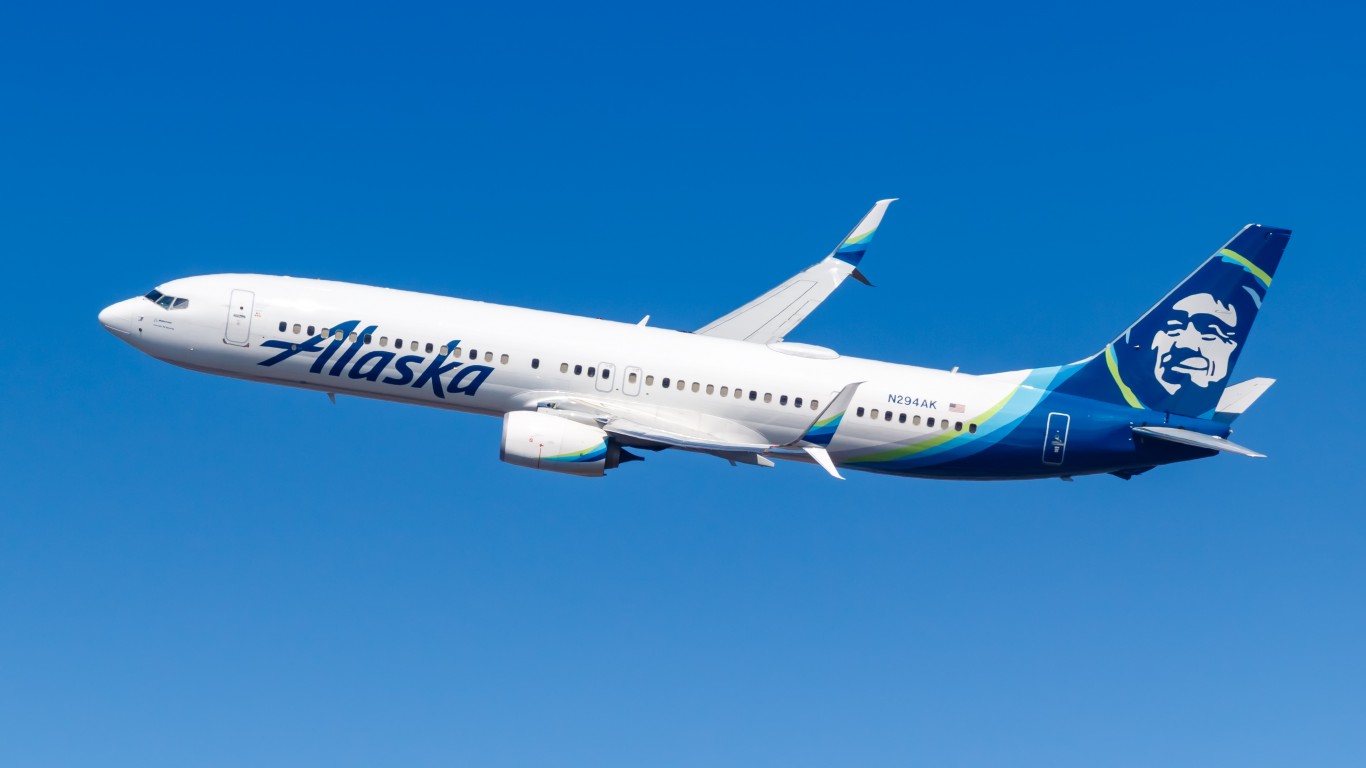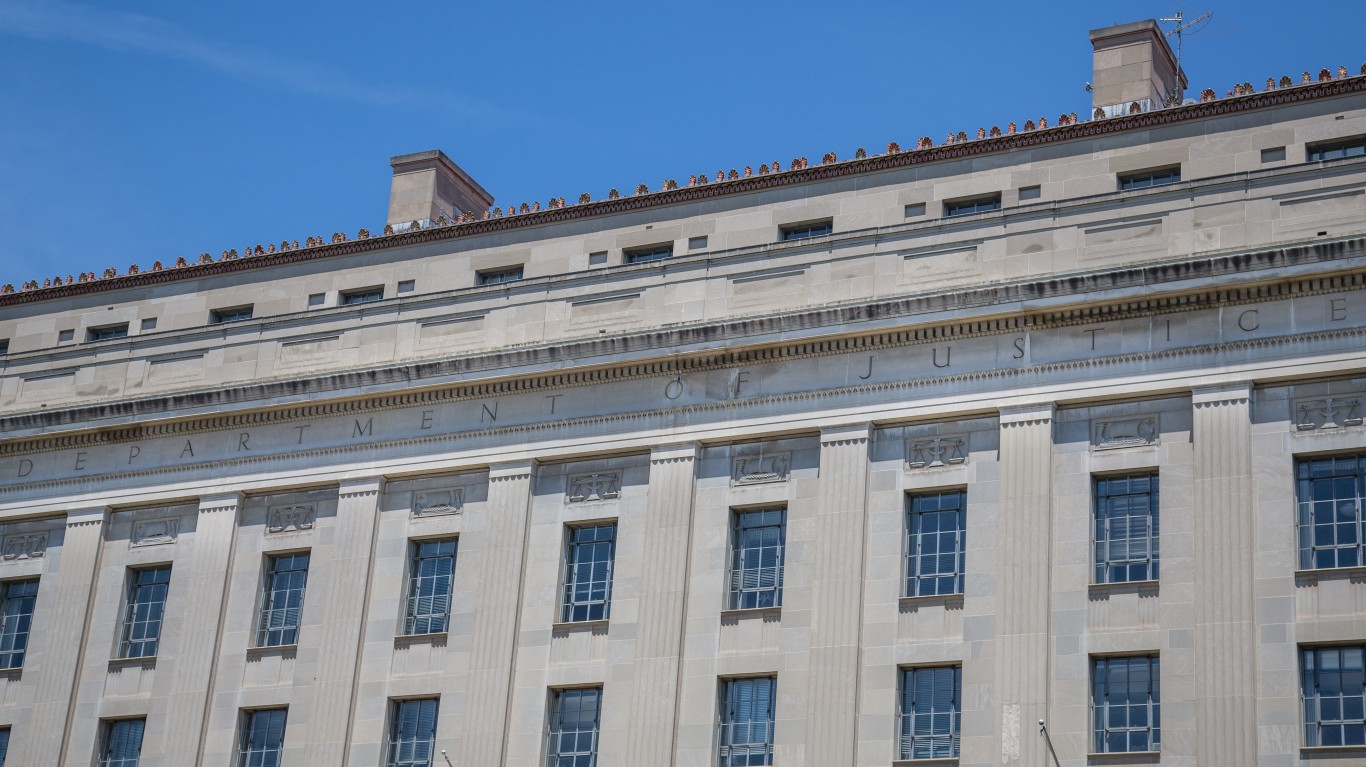
Sunday’s announcement that Alaska Air Group Inc. (NYSE: ALK) has agreed to purchase Hawaiian Holdings Inc. (NASDAQ: HA) had a couple of quite different effects. First, Alaska Air offered to purchase Hawaiian Air at a premium of 270%. The stock, which closed Friday at $4.86, traded up about 178% in Monday’s premarket at around $13.50.
That leads to the second effect. Hawaiian Air is still trading well below the $18 per share Alaska Air offered. Investors appear to be wary of the deal’s chances of making it through the federal approval process.
What’s in the deal

For Alaska Air, Hawaiian’s existing routes to 29 international markets are an attractive opportunity. Hawaiian Air will triple the number of non-stop or one-stop flights into the continental United States.
Hawaiian’s CEO, Peter Ingram, commented, “We are also pleased to deliver significant, immediate and compelling value to our shareholders through this all-cash transaction.” He is referring to an expected savings of $235 million in operating costs and an earnings boost in the high-single-digit range within two years and the high-teens in three-plus years.
Hawaiian’s fleet of 56 in-service airplanes includes 16 Airbus A321s, 24 Airbus A330s, and 16 Boeing 717s. The A321s are an average of 5 years old, the A330s average just over 10 years old, and the 717s average nearly 22 years old. Boeing built the last 717 in 2006. Hawaiian has nine more A330s and one Boeing 787 on order.
Alaska Air’s in-service fleet comprises 225 Boeing 737s and 81 Embraer ERJ-170s. Last year Alaska placed an order for 10 Boeing 737 MAX airplanes.
Investors wary of government approval
Alaska Air is already the fifth-largest U.S. airline, with a market cap of around $5.1 billion. The addition of Hawaiian Air adds just $251.5 million to that total. The U.S. Department of Justice has filed suit to block the proposed $3.8 billion merger of JetBlue Airways Corp. (NASDAQ: JBLU) and Spirit Airlines Inc. (NYSE: SAVE). The trial in Boston is nearly over.In May, a federal judge in Boston ruled against a JetBlue-American Airlines alliance, saying that it violated the Sherman Antitrust Act. The judge noted that U.S. antitrust law considers market competition, not the supposed benefits of a proposed deal. The alliance ended in July.
On a Sunday conference call to discuss the merger, Alaska Air CEO Ben Minicucci said, “There’s no relationship between what we’re doing and what’s happening with Spirit and JetBlue.”
That’s arguable. Minicucci noted that Alaska and Hawaiian operate just 12 overlapping routes. The Justice Department is likely to look more closely at the 40% market share that the combined airlines will have on flights between Hawaii and the mainland. United is number two in the market with a 23% share. United can reasonably be expected to object to the deal.
It’s Your Money, Your Future—Own It (sponsor)
Are you ahead, or behind on retirement? For families with more than $500,000 saved for retirement, finding a financial advisor who puts your interest first can be the difference, and today it’s easier than ever. SmartAsset’s free tool matches you with up to three fiduciary financial advisors who serve your area in minutes. Each advisor has been carefully vetted and must act in your best interests. Start your search now.
If you’ve saved and built a substantial nest egg for you and your family, don’t delay; get started right here and help your retirement dreams become a retirement reality.
Thank you for reading! Have some feedback for us?
Contact the 24/7 Wall St. editorial team.






